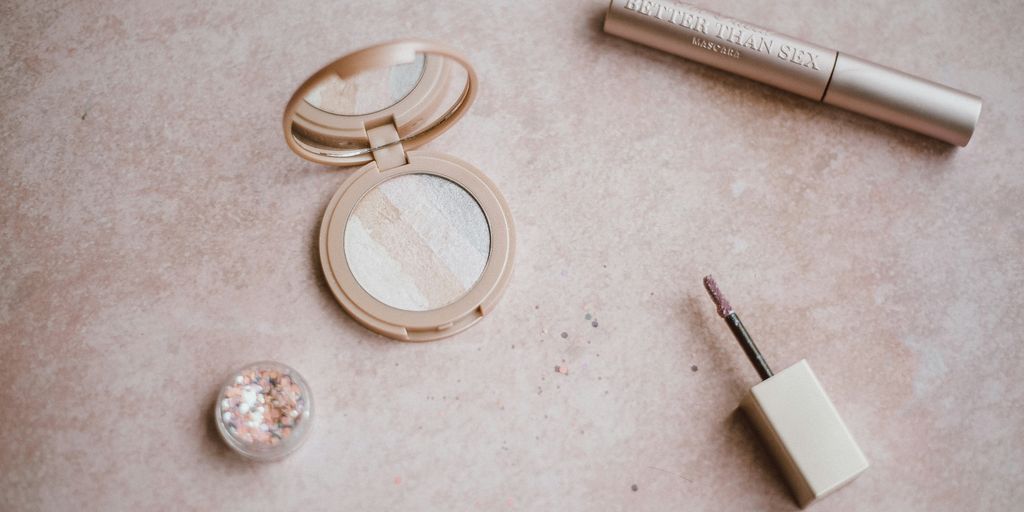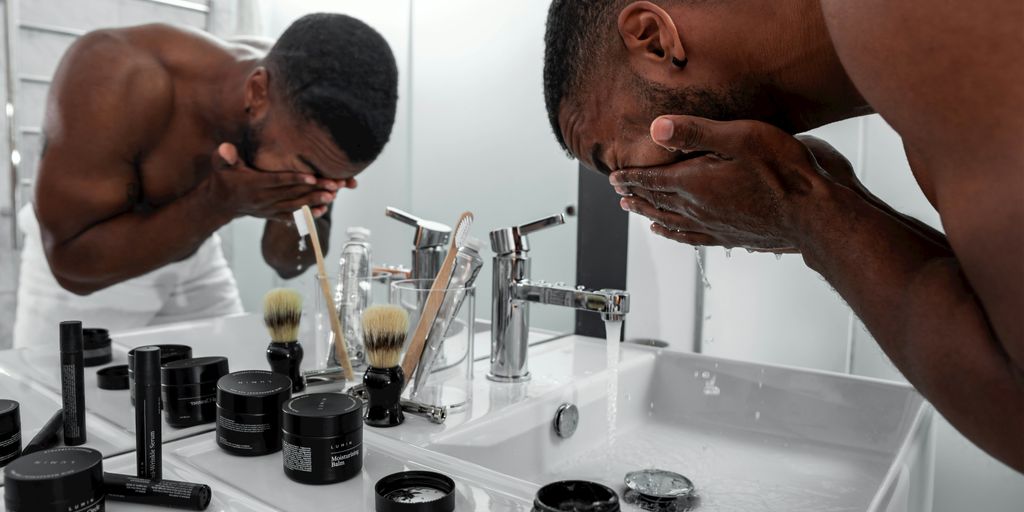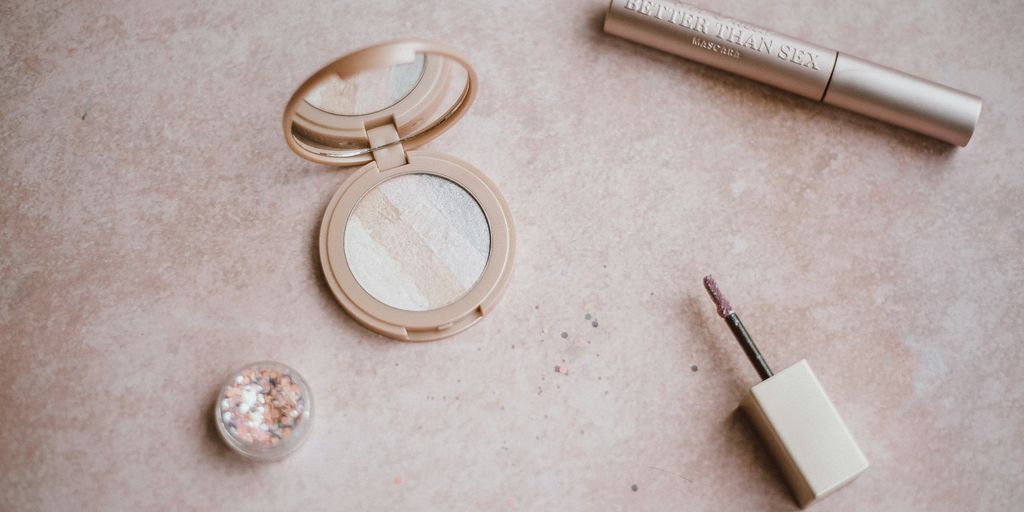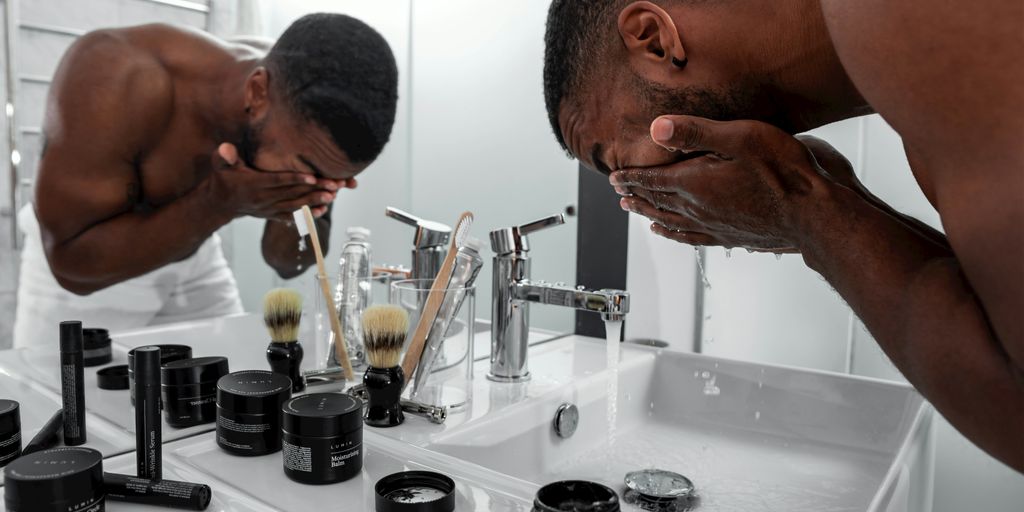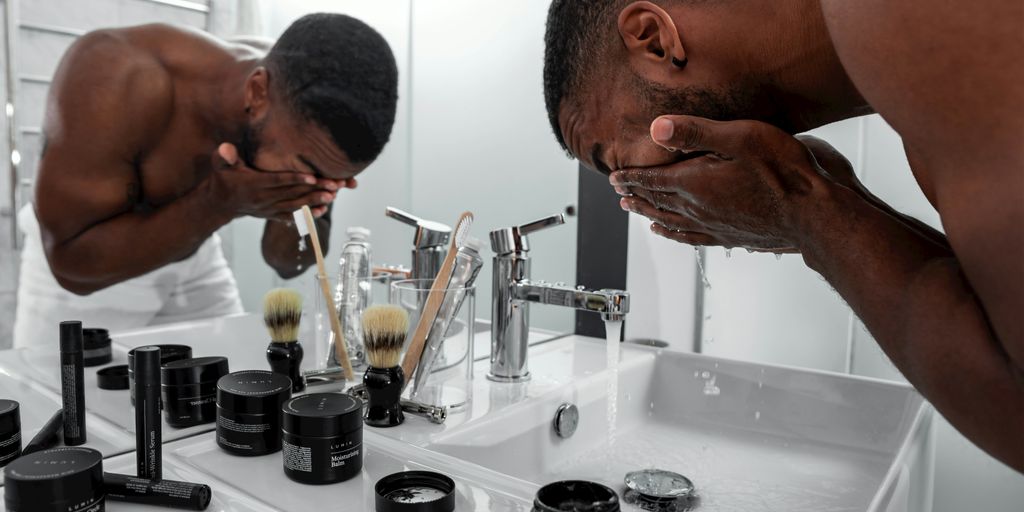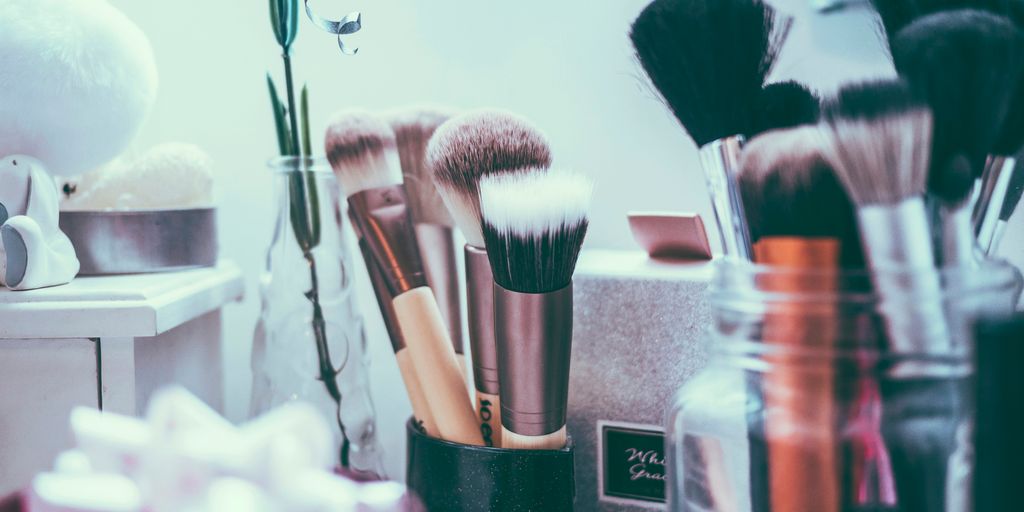As consumers become more conscious about the products they use, the question of whether brands are cruelty-free has gained significant attention. bareMinerals is one such brand that has made claims about its ethical practices. In this article, we’ll explore whether bareMinerals is cruelty-free in 2025, looking at its commitments, product ingredients, and consumer perceptions.
Key Takeaways
- bareMinerals has banned over 2,500 ingredients, prioritizing safety and ethics.
- 71% of bareMinerals products are vegan, reflecting their commitment to animal welfare.
- The brand engages in sustainability initiatives, including using FSC-certified paper for packaging.
- Consumer trust is influenced by transparency in cruelty-free claims and ingredient sourcing.
- bareMinerals continues to evolve its practices, responding to growing consumer advocacy for ethical products.
Understanding Cruelty-Free Standards
What Does Cruelty-Free Mean?
Okay, so what does "cruelty-free" actually mean? It’s more than just a buzzword. Basically, it means that a product wasn’t tested on animals at any stage of its development. This includes the ingredients, the final product, and even testing done by third-party suppliers. However, it’s important to know that there isn’t one single, universally accepted definition, which can make things a little confusing. Some companies might claim to be cruelty-free but still sell their products in countries where animal testing is required by law. It’s a bit of a gray area, and that’s why it’s important to dig a little deeper.
The Importance of Cruelty-Free Certification
Why bother with certifications? Well, it’s all about trust. Anyone can slap a "cruelty-free" label on their product, but certifications like Leaping Bunny or PETA’s Beauty Without Bunnies program provide an extra layer of assurance. These organizations have specific standards that companies need to meet to get certified. They also conduct audits and check on things to make sure companies are sticking to their promises. Think of it like this: it’s like having a verified checkmark on social media, but for ethical beauty. It helps you know who’s really telling the truth.
How Brands Achieve Cruelty-Free Status
So, how do brands actually become cruelty-free? It’s not always a simple switch. Here are some key steps:
- No Animal Testing: This is the big one. Brands need to ensure that they don’t conduct, commission, or pay for any animal testing on their products or ingredients.
- Supply Chain Transparency: They need to make sure their suppliers also adhere to cruelty-free practices. This can involve auditing suppliers and getting written assurances.
- Commitment to Ongoing Compliance: It’s not a one-time thing. Brands need to stay committed to cruelty-free practices and be open to audits and checks.
It’s worth noting that some brands might use alternative testing methods, like in-vitro testing (testing on cells in a lab) or testing on human volunteers, to ensure the safety of their products. These methods are generally considered more ethical and can provide valuable data.
It’s a journey, not a destination, and it requires a real commitment from the brand.
bareMinerals’ Commitment to Ethical Practices
Overview of bareMinerals’ Mission
bareMinerals has carved out a space in the beauty world by focusing on clean beauty. Their mission extends beyond just selling makeup; they aim to create products that are good for your skin and the planet. They’ve publicly stated their dedication to changing how the beauty industry operates, pushing for better regulations and more ethical practices. It’s more than just marketing; it’s about making a real difference.
Ingredients Banned by bareMinerals
One of the most telling signs of a brand’s commitment to ethical practices is the list of ingredients they refuse to use. bareMinerals has banned over 2,500 ingredients, including many that are banned in the EU. This includes a lot of synthetic fragrances, colorants, and other potentially harmful substances. It’s a pretty big deal, and it shows they’re serious about what goes into their products.
Sustainability Initiatives
It’s not just about what goes into the products, but also how they’re made and packaged. bareMinerals has several sustainability initiatives in place. For example, they use FSC-certified paper for their cartons, which means the paper comes from responsibly managed forests. Plus, they donate a percentage of their orders to support women’s lives. It’s a holistic approach that considers the environmental and social impact of their business.
bareMinerals’ commitment to ethical practices is evident in their ingredient choices, sustainability efforts, and overall mission. They’re not perfect, but they’re actively working to improve and make a positive impact.
The Vegan Aspect of bareMinerals

What Percentage of Products Are Vegan?
So, you’re curious about how many bareMinerals products are actually vegan? It’s a fair question! While bareMinerals has made strides in ethical practices, not everything they offer is free from animal-derived ingredients. As of today, April 20, 2025, around 71% of their products are considered vegan. That’s a pretty good chunk, but it also means you need to do a little checking before you buy.
Vegan Ingredients Used by bareMinerals
When bareMinerals formulates its vegan products, it relies on a range of plant-based and synthetic ingredients. Think of things like nourishing botanical extracts, skin-loving oils, and mineral pigments. They’re always looking for alternatives that perform just as well (or even better!) than animal-derived counterparts. Here are some common vegan ingredients you might find in their products:
- Plant-derived squalane
- Jojoba oil
- Vitamin E (tocopherol)
- Shea butter
- Various fruit and vegetable extracts for color and antioxidants
The Impact of Vegan Products on Animal Welfare
Choosing vegan products, whether from bareMinerals or any other brand, has a real impact. It reduces the demand for animal-derived ingredients, which can often involve questionable practices. By opting for vegan cosmetics, you’re supporting a system that values animal welfare and encourages companies to innovate with cruelty-free alternatives. It’s a small choice that collectively makes a big difference.
Supporting vegan products is more than just a trend; it’s a conscious decision to align your values with your purchases. It sends a message to the beauty industry that consumers care about ethical sourcing and animal welfare, pushing for more compassionate practices across the board.
Consumer Perception of bareMinerals
Public Opinion on Cruelty-Free Brands
Consumers are paying more attention to whether brands are cruelty-free. There’s a growing trend where people want to support companies that align with their values, and that includes how products are made and tested. It’s not just about the end result anymore; it’s about the entire process. People are doing their research and are more likely to choose a brand that doesn’t test on animals.
How Transparency Affects Brand Trust
Transparency is super important for building trust. If a brand is open about its practices, consumers are more likely to believe its claims. Brands that clearly state their policies on animal testing and ingredient sourcing tend to gain more loyal customers. On the other hand, if a company is vague or avoids answering direct questions, it can raise red flags and make people question their ethics.
Customer Reviews and Experiences
Customer reviews can really make or break a brand. What people say about their experiences with a product or company carries a lot of weight. If customers consistently praise a brand’s commitment to cruelty-free practices, it reinforces the brand’s image. But, negative reviews or accusations of misleading claims can quickly damage a brand’s reputation. It’s all about what people are saying and how the brand responds.
It’s interesting to see how much power consumers have these days. With social media and online reviews, everyone has a voice. Brands really need to listen and take customer feedback seriously if they want to stay competitive and maintain a good reputation.
Comparing bareMinerals to Other Brands
Cruelty-Free Brands in the Market
When you’re trying to make ethical choices about makeup, it’s good to know what other options are out there. The beauty market has changed a lot, and now there are many brands that focus on being cruelty-free. Some popular ones include:
- Pacifica: Known for its wide range of vegan and cruelty-free products.
- e.l.f. Cosmetics: Offers affordable options that are both cruelty-free and vegan.
- Axiology: Focuses on creating vegan and cruelty-free lipsticks with a commitment to ethical sourcing.
These brands, along with many others, show that it’s possible to find makeup that aligns with your values. It’s all about doing a little research and finding what works best for you.
How bareMinerals Stands Out
So, how does bareMinerals compare to these other brands? Well, bareMinerals has been around for a while, and they’ve built a reputation for using fewer ingredients in their products. They also ban a lot of ingredients – over 2,500, including many that are banned in the EU. Plus, they’re working on being more sustainable, like using FSC-certified paper for their packaging.
bareMinerals has a mission that goes beyond just makeup. They donate 1% of their orders to help women, which is a nice touch. While other brands might focus on different aspects of ethical beauty, bareMinerals tries to cover a few important bases.
Alternatives to Consider
If you’re looking for alternatives to bareMinerals, there are plenty of options depending on what’s important to you. If you want something super affordable, e.l.f. Cosmetics is a good choice. If you’re all about vegan products, Pacifica has a ton of them. And if you’re concerned about ethical sourcing, Axiology might be up your alley. Ultimately, the best alternative depends on your personal preferences and what you’re looking for in a makeup brand. It’s worth exploring a few different brands to find the perfect fit.
The Future of bareMinerals in 2025
Predictions for Cruelty-Free Practices
Looking ahead to 2025, the expectation is that cruelty-free practices will become even more deeply ingrained in the beauty industry. For bareMinerals, this likely means a continued commitment to avoiding animal testing, but also potentially expanding their efforts to influence industry standards. We might see them taking a more active role in advocating for alternative testing methods and pushing for greater transparency across the board.
Potential Changes in Product Formulations
As consumer awareness grows, bareMinerals may feel pressure to reformulate some of its products. This could involve:
- Increasing the percentage of vegan products in their line.
- Sourcing ingredients even more ethically and sustainably.
- Eliminating any remaining ingredients of concern, even if they aren’t directly related to animal testing.
It’s reasonable to expect that bareMinerals will continue to innovate, seeking out new and exciting plant-based alternatives to traditional cosmetic ingredients. This could lead to some really interesting developments in their product range.
The Role of Consumer Advocacy
Consumer advocacy will play a huge role in shaping the future of bareMinerals. Brands are increasingly responsive to consumer demands, and bareMinerals is no exception. If consumers continue to prioritize cruelty-free and vegan options, bareMinerals will likely adapt to meet those demands. This could involve:
- Increased transparency in their supply chain.
- More engagement with consumer groups and activists.
- A greater emphasis on communicating their ethical values to customers.
How to Verify Cruelty-Free Claims
Resources for Checking Brand Ethics
Okay, so you want to make sure a brand is actually cruelty-free? It’s not always easy, but there are some great resources out there. Start with organizations like Leaping Bunny, PETA, and Cruelty-Free International. They have lists of certified brands that meet specific criteria. These lists are regularly updated, so they’re a good place to begin your research. Also, don’t just rely on one source; cross-reference information to get a clearer picture. Sometimes, smaller blogs or ethical consumer websites can offer more in-depth information too.
Understanding Labels and Certifications
Those little bunny logos can be confusing, right? Not all of them mean the same thing. Look for official certification logos from the organizations I mentioned earlier. A brand might claim to be cruelty-free, but without third-party verification, it’s hard to know for sure. Be wary of generic bunny images or phrases like "We don’t test on animals" without any supporting evidence. It’s all about doing a little digging to see if the claims hold up.
Tips for Conscious Shopping
Shopping with a conscience takes a bit of effort, but it’s worth it! Here are a few things I try to keep in mind:
- Read labels carefully. Look beyond the marketing hype and check the ingredients list and any certifications.
- Support brands that are transparent about their practices. If a company is truly cruelty-free, they’ll be happy to share information about their sourcing and manufacturing processes.
- Ask questions! If you’re unsure about a brand’s ethics, reach out to them directly. A responsible company will be responsive and willing to address your concerns.
It’s easy to get overwhelmed by all the information out there, but remember that every small choice makes a difference. By supporting cruelty-free brands, you’re sending a message that ethical practices matter.
To check if a product is truly cruelty-free, look for certifications from trusted organizations. These labels show that the product hasn’t been tested on animals. You can also research the brand online to see if they have a clear policy against animal testing. If you want to learn more about how to make informed choices, visit our website for helpful tips and resources!
Final Thoughts on Bare Minerals’ Cruelty-Free Status
So, after looking into Bare Minerals and their practices, it seems pretty clear that they are committed to being cruelty-free. They’ve made a lot of effort to create products that are not only good for your skin but also kind to animals. With a good chunk of their lineup being vegan and their focus on clean ingredients, they’re definitely a brand to consider if you care about these issues. Of course, it’s always smart to keep an eye on any brand, as things can change. But for now, if you’re looking for makeup that aligns with a cruelty-free lifestyle, Bare Minerals is a solid choice.
Frequently Asked Questions
Is bareMinerals cruelty-free in 2025?
Yes, bareMinerals is cruelty-free, meaning they do not test their products on animals.
What does cruelty-free mean?
Cruelty-free means that a brand does not conduct tests on animals to check if their products are safe.
Are all bareMinerals products vegan?
Not all, but about 71% of bareMinerals products are vegan, which means they don’t contain animal ingredients.
How can I check if a brand is cruelty-free?
You can look for certifications on the packaging or check reliable websites that list cruelty-free brands.
What ingredients does bareMinerals avoid?
bareMinerals has banned over 2,500 ingredients, including many harmful ones, to ensure their products are safe and ethical.
Why is it important to choose cruelty-free products?
Choosing cruelty-free products helps protect animals and supports brands that care about ethical practices.
